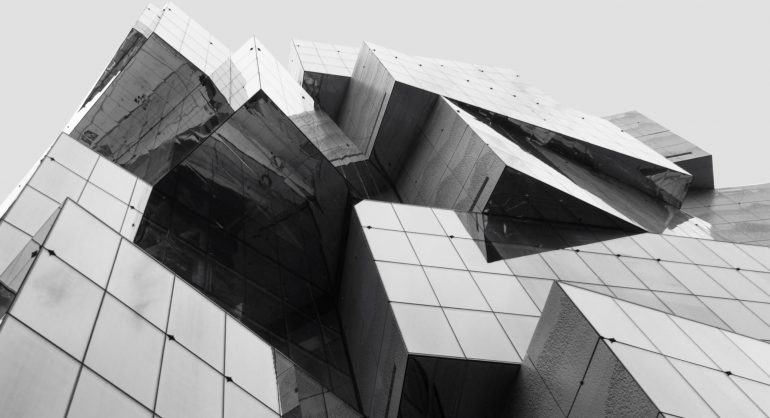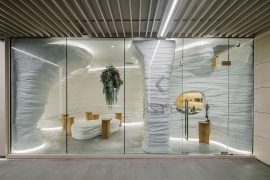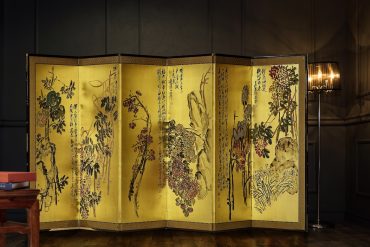Memory and history define context, how objects carry, lose, or regain meaning, how the ordinary was once exceptional, and how past qualities can still be more creative and potent than the newness of the present. Japan offers one of the most intriguing contexts because the idea of change is itself a cultural value.
This is evidently a country that reveres nature – its shapes and colors are idealized in all its art-forms. But beneath the surface there is a deeper appreciation of its temporal aspects. Here, the passing of time gives meaning to life – culture and nature are inseparable and therefore antithetical to the binary view that prevails in most places.
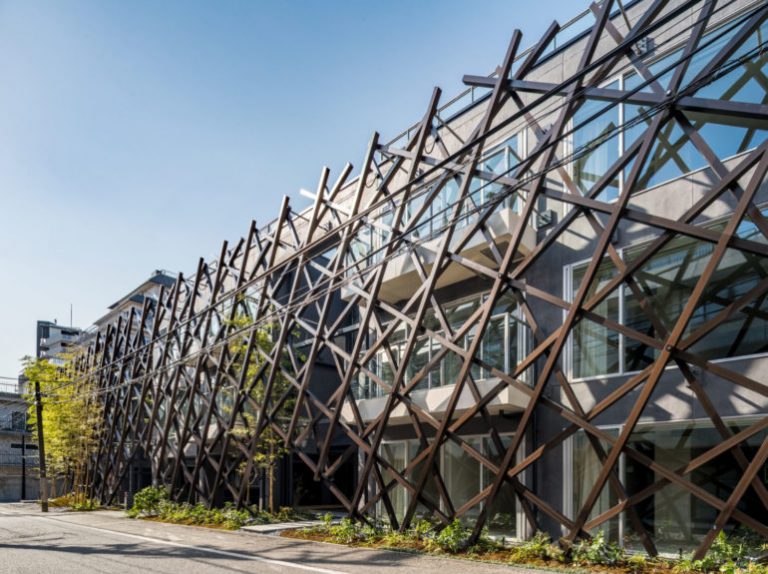
OSO is an international architecture and design office based in Tokyo. The office was established in 2017 by two partners – Esteban Ochogavia and Michael Sypkens – who formerly worked together at Kengo Kuma and Associates. Both Esteban and Michael have mixed backgrounds, which gives the office an international perspective.
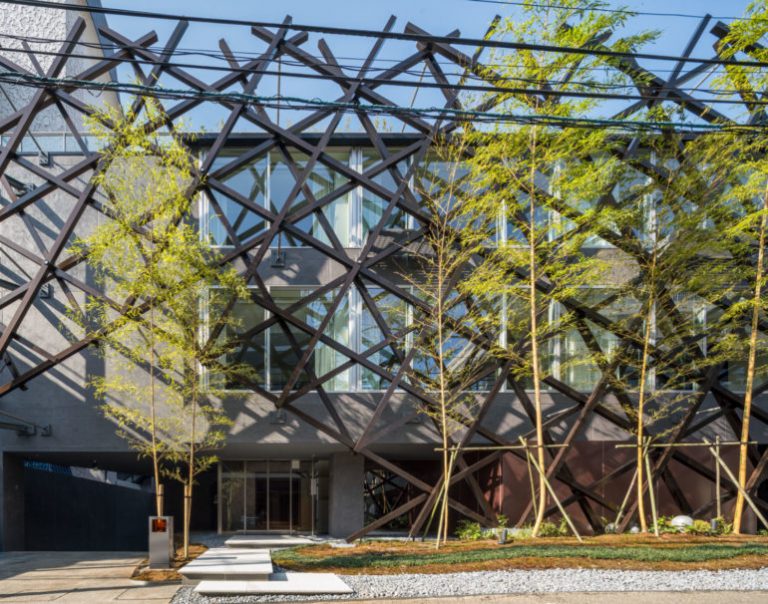
OSO’s work involves Japanese and international projects, and is mainly focused on interior design, renovations, and single-family homes. Just like the Avoir is a housing project in upscale Tokyo that is screened by a monumental lattice. The structure evokes the traditional bamboo fence within a quiet Japanese garden.
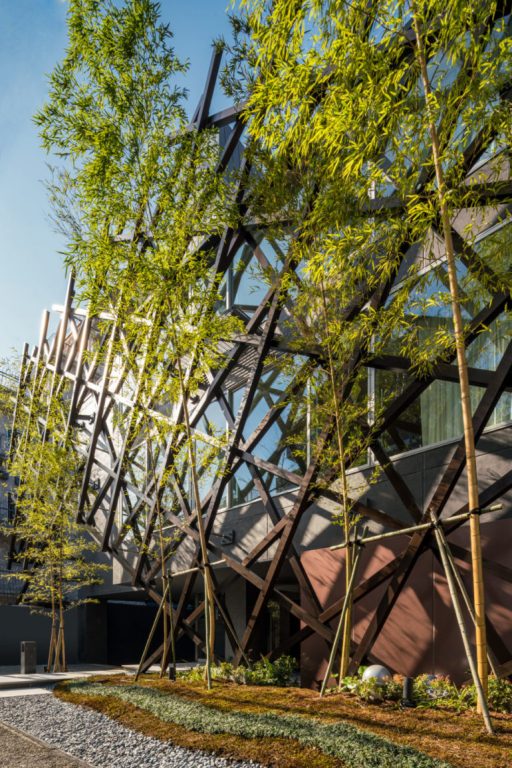
Photography by KKPO
Just recently, OSO completed Deloitte Summit, a 25-storey office tower with staggered and rotated volumes in central Vancouver. The angled, glass façade creates reflections that keeps changing the depth, silhouette, and overall appearance of the tower.
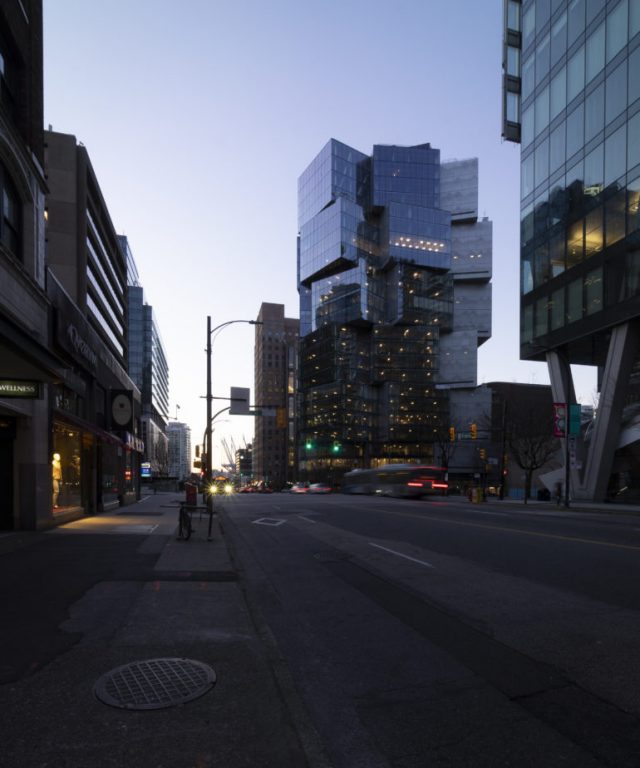
The tower is designed as a vertical assemblage of glass boxes that radiate outward to express the pivotal location of the site. The multitude of orientations creates an ever-changing silhouette that shifts depending on the position from where it is seen. The concept of the office tower is to produce a variety of scales and appearances while maintaining a single, coherent identity.
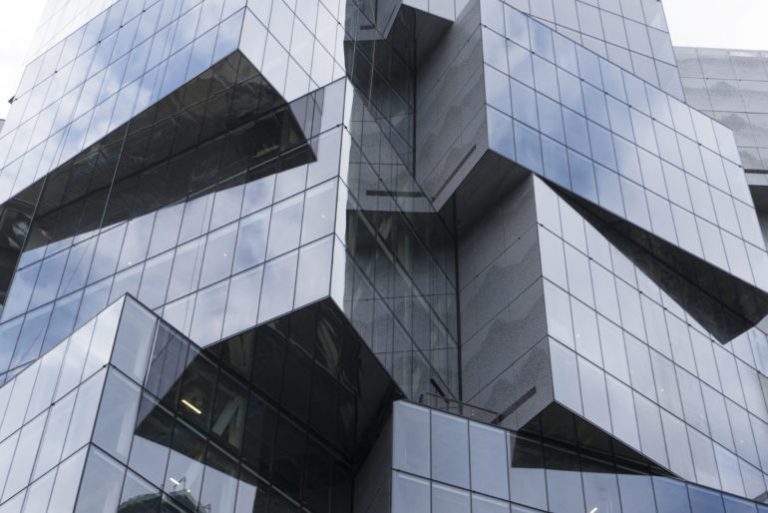
Although the tower may be seen as a sculpted object, the intention is to integrate it into an environment that still includes many buildings of different sizes and functions.
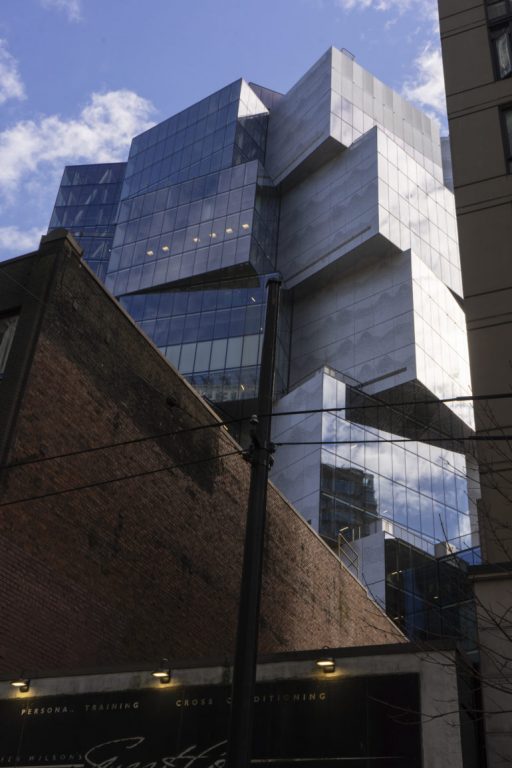
It seems impossible to discuss Japanese post-modern fashion design without mentioning Yohji Yamamoto, renowned for his avant-garde spirit. The simple yet sophisticated oversized silhouettes and poetic use of black have taken the fashion world by storm since the early 1980s. OSO has been working closely with Yohji Yamamoto designing their shops around the world.
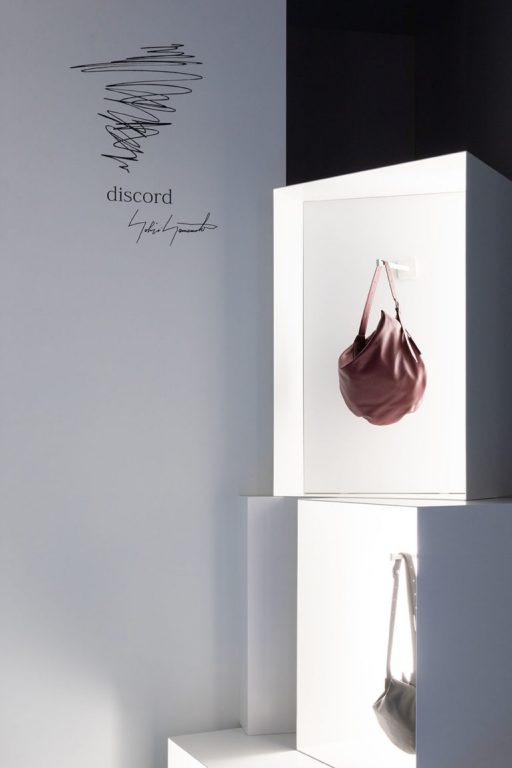
Photography by Vincent Hecht
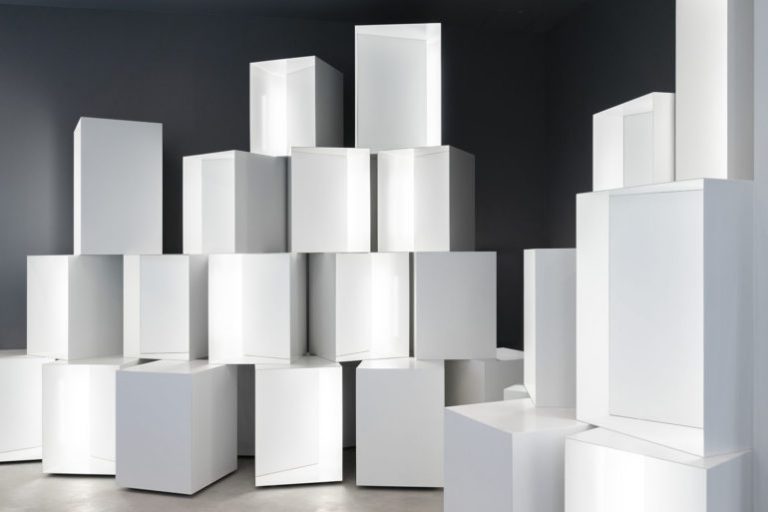
Yohji Yamamoto Discord, Shibuya, Tokyo
Photography by OSO
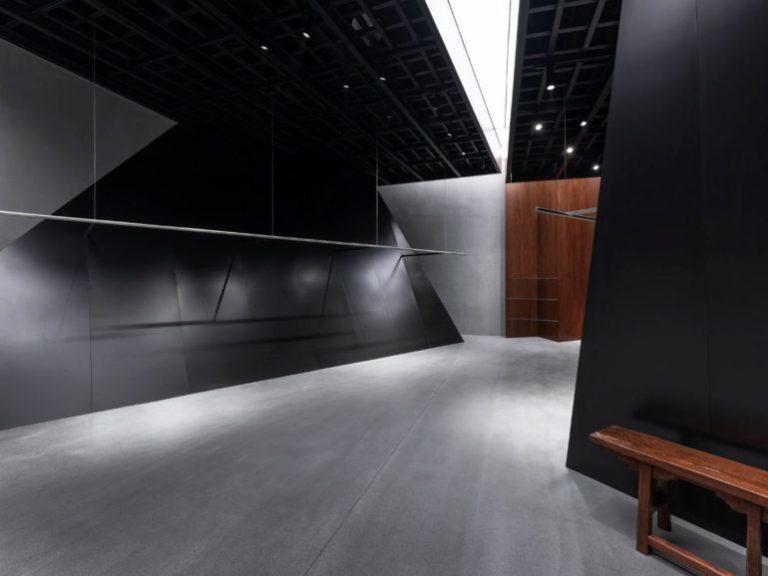
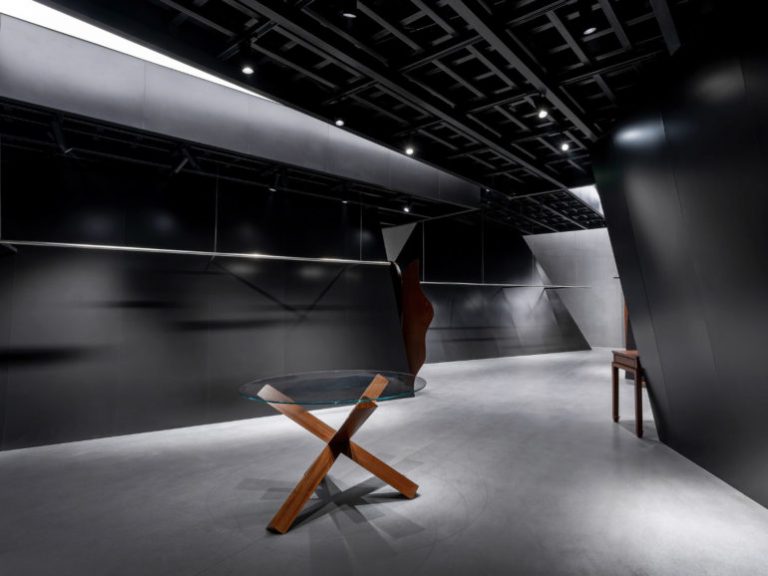
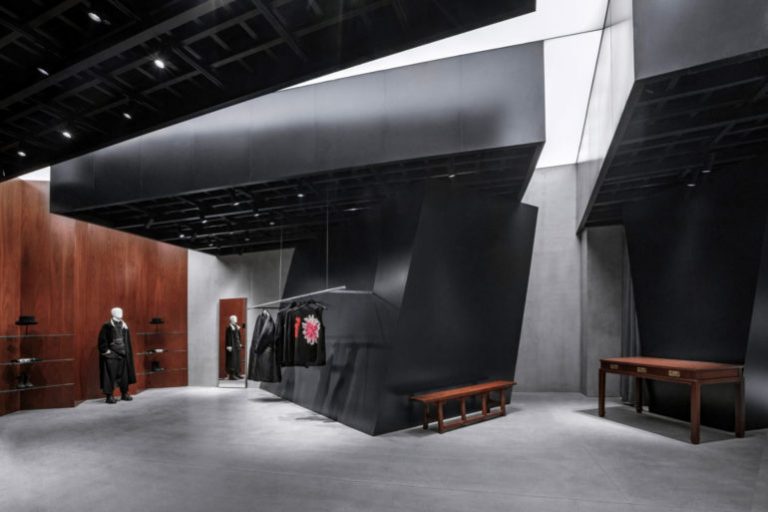
Yohji Yamamoto, Shenzen, China
Photography by SWING
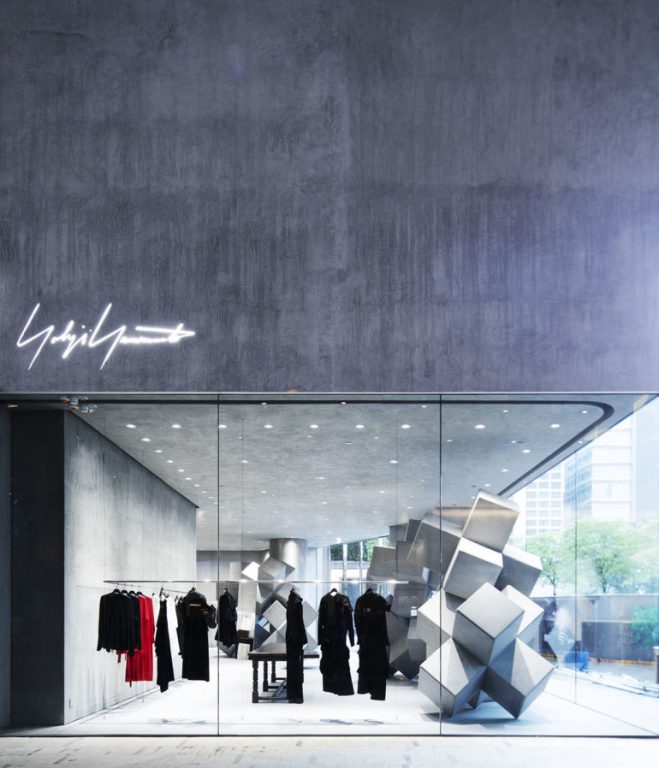
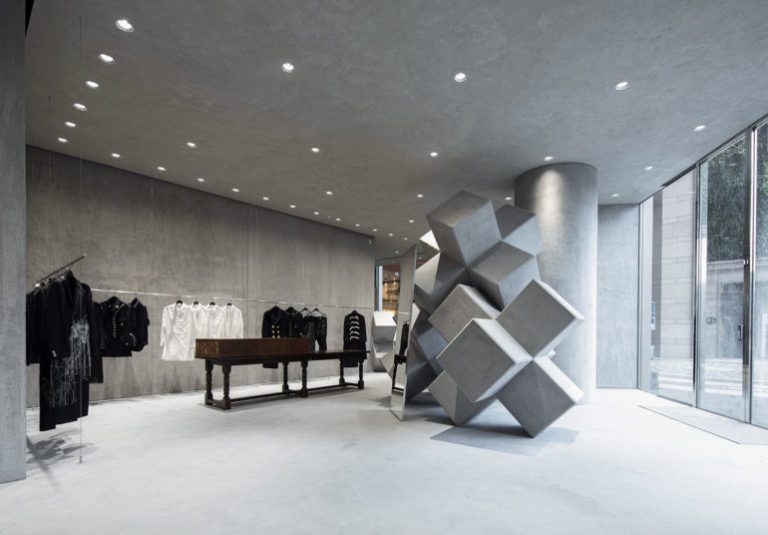
Yohji Yamamoto, Hong Kong
Photography by Seasons Wong
As architects, OSO finds great freedom in the idea of impermeance and the affection toward imperfections. The ambiguities between preservation and change, myth and reality, nature and artifact are all rich materials that challenge and inspire OSO’s work.
www.o-s-o.jp
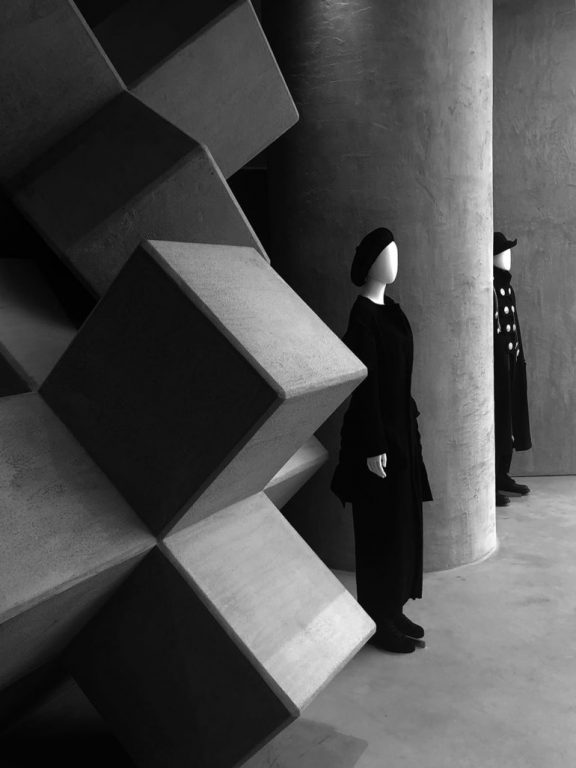
Photography Unknown
Written by Alisa Ota Tietboehl
Discuss in Kanban. Scan the QR-code and join ArtThat Elites Club, then re-create with artists and take silk-screen handwork home!



